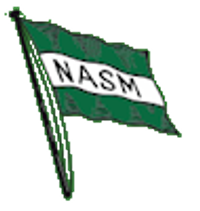
HAL Trust
AEX:HAL

Intrinsic Value
The intrinsic value of one
 HAL
stock under the Base Case scenario is
287.16
EUR.
Compared to the current market price of 166 EUR,
HAL Trust
is
Undervalued by 42%.
HAL
stock under the Base Case scenario is
287.16
EUR.
Compared to the current market price of 166 EUR,
HAL Trust
is
Undervalued by 42%.

Let our AI compare Alpha Spread’s intrinsic value with external valuations from Simply Wall St, GuruFocus, ValueInvesting.io, Seeking Alpha, and others.
Let our AI break down the key assumptions behind the intrinsic value calculation for HAL Trust.
The intrinsic value of one
 HAL
stock under the Base Case scenario is
287.16
EUR.
HAL
stock under the Base Case scenario is
287.16
EUR.
Compared to the current market price of 166 EUR,
 HAL Trust
is
Undervalued by 42%.
HAL Trust
is
Undervalued by 42%.

